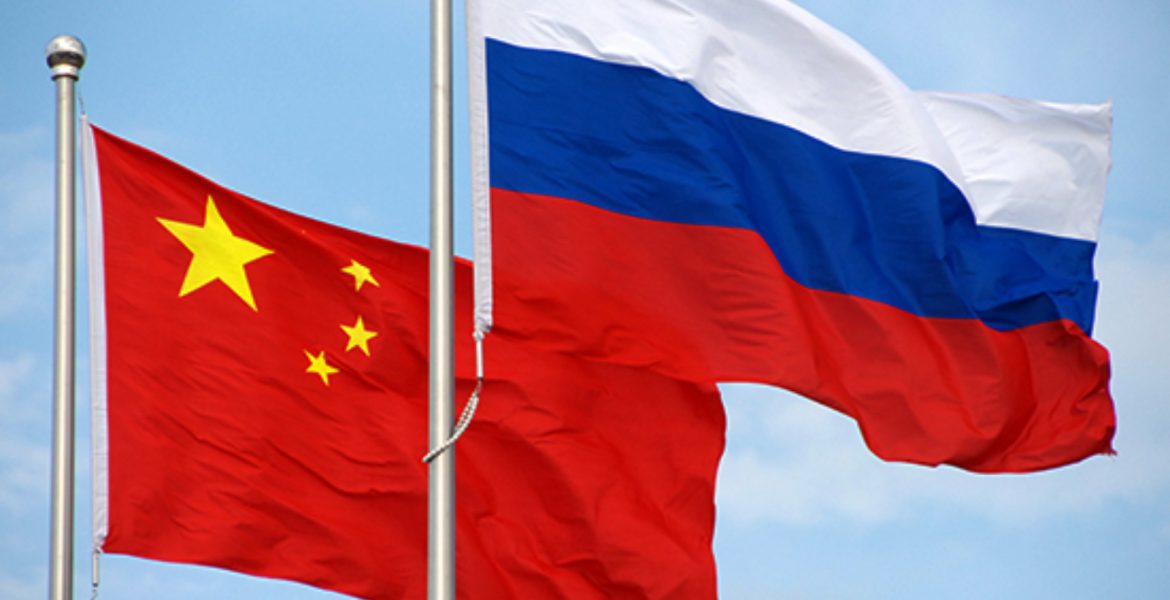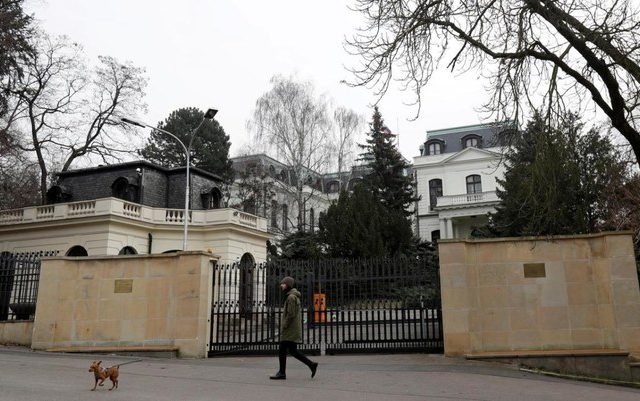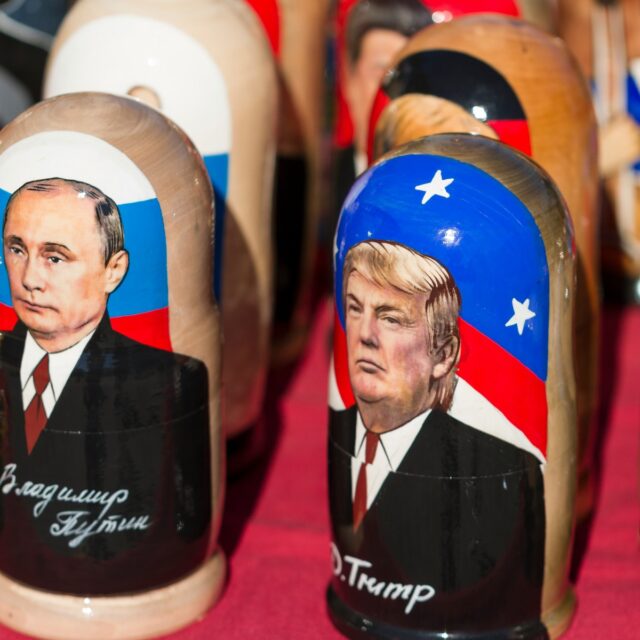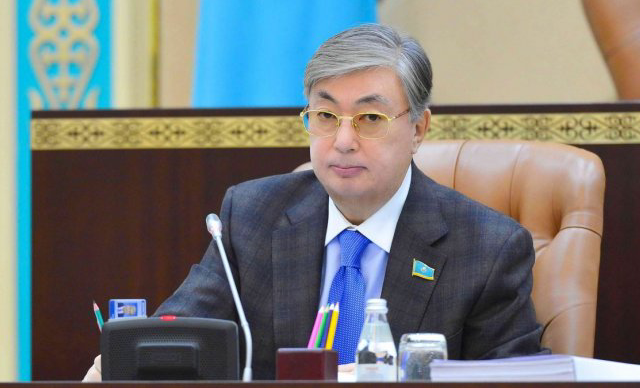China’s position on Russia’s war against Ukraine has long been clear. It has been reflected in Chinese official statements since late February. Their position is pragmatic neutrality with an anti-American flavour.
China will support, albeit in a veiled way, anything that goes against U.S. policies. For external observers, it may seem that China and Russia are allies ready to march together shoulder to shoulder, but the war in Ukraine and the Western isolation of Russia offers China huge opportunities: economic and financial leverage over Russia, and potential strengthening of Beijing’s influence on Moscow.
China does not need a powerful Russia that wins its unprovoked war. What they actually need is a subservient junior partner which can share China’s own anti-Western efforts.
Late last week, six Chinese Air Force Y-20 cargo planes were seen flying over Serbian territory and later standing at Belgrade’s Nikola Tesla Airport. Although the Serbian Ministry of Defence did not return media inquiries about any deliveries, some commentators believe there is every reason to talk about a secret agreement struck between the parties. It is common knowledge that Serbia is a longtime Russia ally.
It later transpired that Beijing had secretly delivered to Belgrade its high-end HQ-22 anti-aircraft missile systems. In addition, Chinese Air Force planes crossed the airspace of at least two NATO allies – Turkey and Bulgaria, in what is seen as a demonstration of China flaunting its global influence.

HQ-22 Anti-aircraft missile system
Against the backdrop of the failure of Russia’s invasion of Ukraine, Beijing at Moscow’s request, may be arming Belgrade to potentially escalate the conflict in other regions, in order to weaken Europe and minimise military assistance to Ukraine. It is possible that by arming Serbia, Russia and China could push the Balkan nation into a new war, perhaps against its former province of Kosovo, which declared independence in 2008.
To avoid a split in the West, NATO and the EU should expand their arms supplies to Kyiv and monitor closely countries which have so far avoided imposing sanctions on Russia and which have refused to provide assistance to Ukraine.
Beijing prefers to play an inscrutable hand, and to put its plans on hold for a redistribution of global influence until Russian aggression in Ukraine has drawn to a close.




